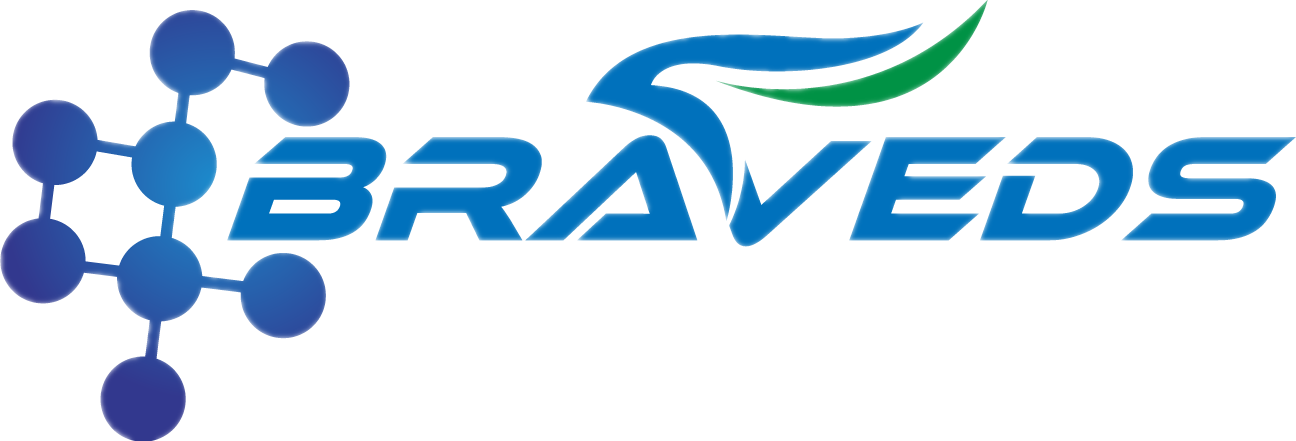Vitamin B12 (cobalamin) refers to a group of chemically related cobalt-containing molecules involved in cellular processes such as DNA synthesis, fatty acid synthesis, energy production and regulation. The physiologically active forms of vitamin B12 include methylcobalamin and adenosine cobalamin, while hydroxycobalamin (vitamin B12a, OHCb1) and cobalt cyanide vitamin (CNCb1) are stored and delivered. Hydroxycobalamin (OHCbl) and CNCb1 from bacteria are converted into useful coenzyme forms in the human body to support metabolic processes, such as the conversion of mitochondrial methylmalonic acid A methylmalonic acid (MMA) mutase to succinate to link lipid and carbohydrate metabolism, as well as the activation of methionine synthase and the rate-limiting step in methionine synthesis.




